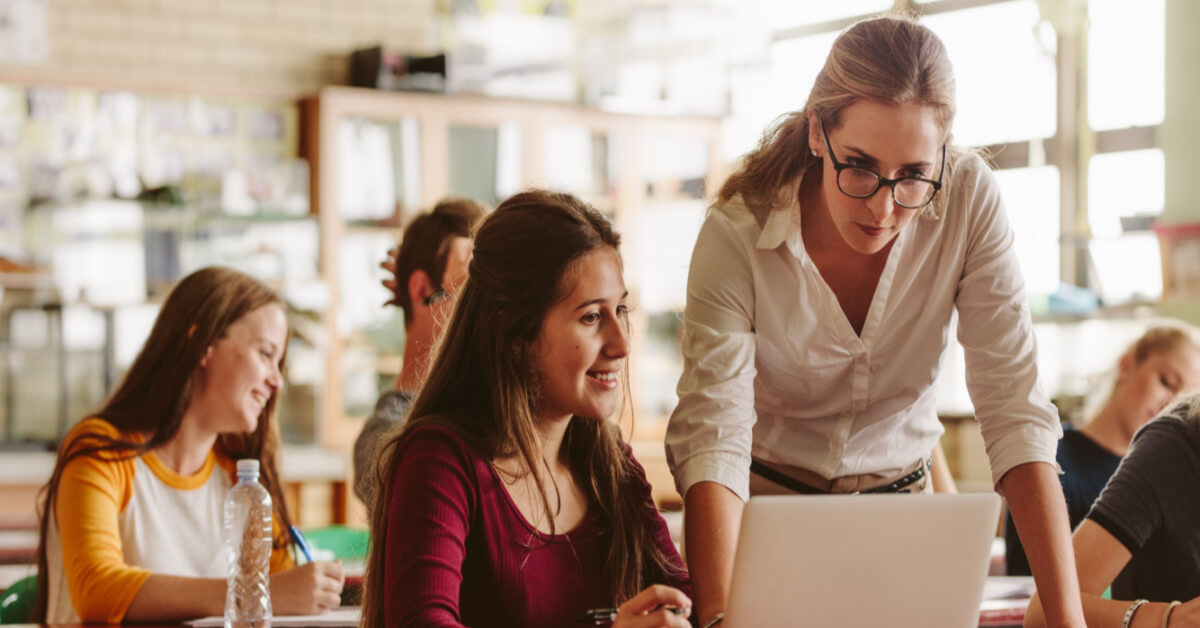June 7, 2022
Choose a topic and conduct an internet search. The Wikipedia article on that topic is typically within the top 10, if not top 5, results. Because of such high rankings, Wikipedia articles are the sources of choice for many of our students. And, because we teachers often assert that Wikipedia is not an academic-worthy source, this produces a contradiction where the source students are most likely to encounter and read is the source we disallow, or rather refuse to reckon with. Furthermore, we, teachers, disparage Wikipedia’s accuracy, but research reveals that Wikipedia is fairly accurate. In fact, in 2005, Nature published a study that shows Wikipedia and Encyclopedia Britannica were similarly accurate. Why then have we continued to dismiss Wikipedia even as it continues to grow in size and significance?
While it may be true that Wikipedia has been misused by students, Wikipedia can offer so much more if we teachers are able to recognize the opportunities. It allows our students to develop 21st-century skills, like collaboration, digital citizenship, and computational thinking as identified in the ISTE Standards for Students.
Now Wikipedia isn’t completely banned from more formal learning environments. The typical way…



